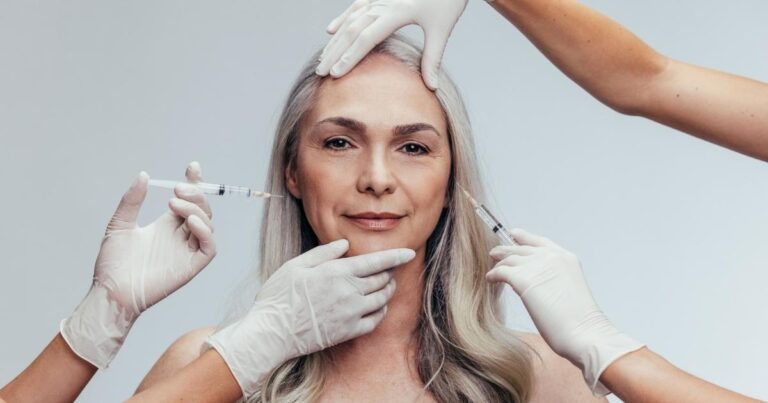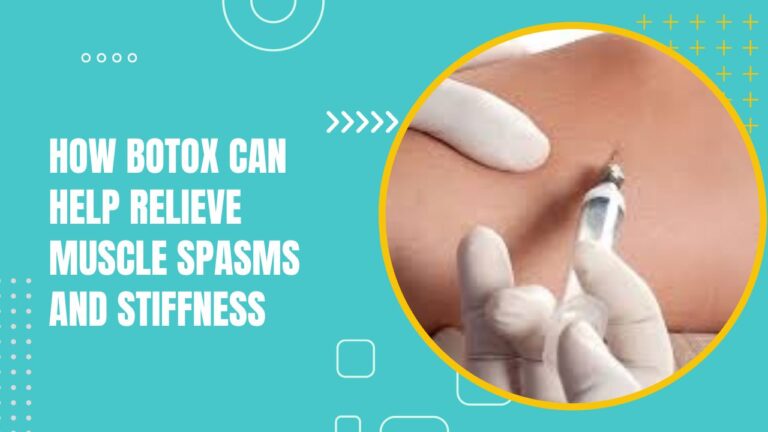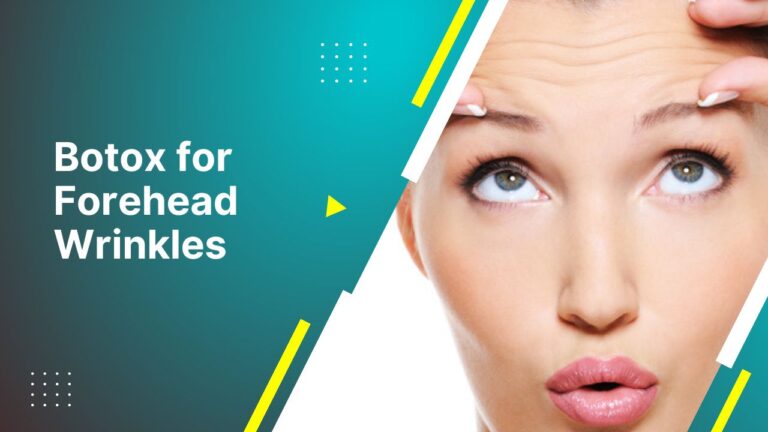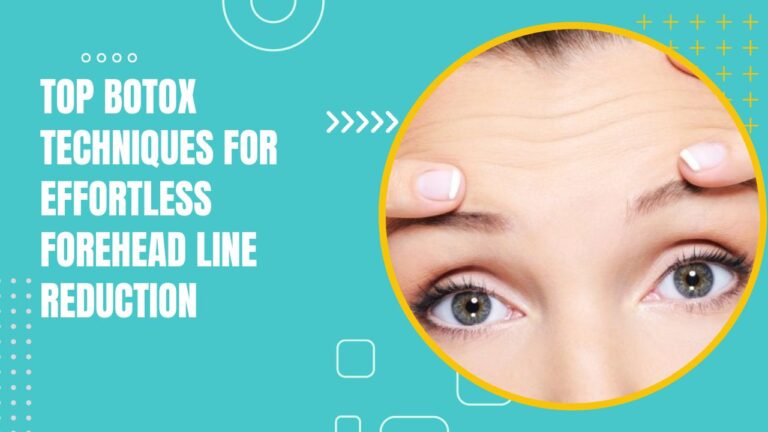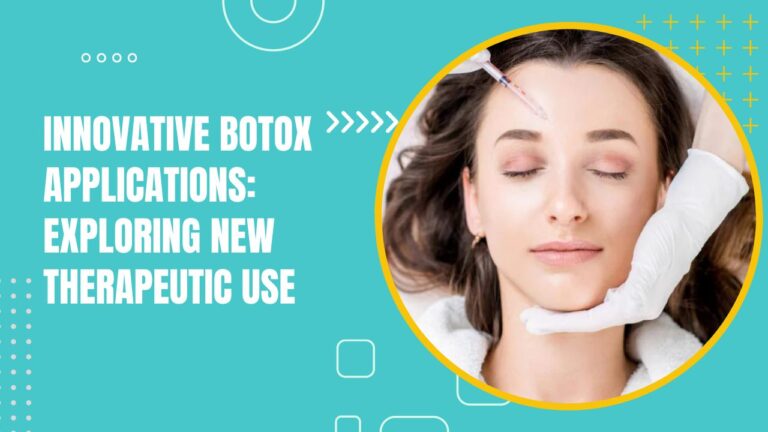Many sectors have experienced technological advancements in recent years, and Botox treatments are no exception. When it comes to botox, the use of artificial intelligence and state-of-the-art imaging technology has improved accuracy, safety, and patient comfort.
The new botox technology is changing the way these treatments Botox Technologyre done in many ways. Let’s discuss these, both cosmetically and therapeutically, in this article.
Mainstream Acceptance: Botox Technology Evolution
Botox treatments have travelled a long way from stigmatising to achieving mainstream acceptance. Originally used by Hollywood celebrities and socialites, social networking has spread to everyone, regardless of age or gender. The public’s opinion has changed as Botox Technology developments have made the operation safer and more widely available.
| Factor | Before Technology | After Technology | Impact on Public Perception |
| Accessibility | Limited | Widespread | Increased Acceptance |
| Safety | Concerns | Enhanced Protocols | Increased Trust |
| Cost | High | More Affordable | Broadened User Base |
| Information Dissemination | Limited Media | Social Media | Better Education |
| Stigma | High | Lowered | Cultural Shift |
| Demographics | Narrow (Celebrities) | Broad (All Ages) | Mainstream Acceptance |
Advancements in Robotic Assistance for Botox Administration
Botox treatments have become more precise with the increasing use of robotic arms. These robots can handle delicate tasks that require an accurate and steady hand.
Book A Consultation With Dr Tarek Bayazid
Top-rated Plastic Surgeon For Botox in Dubai
Installment Plan Available
Integrating robotics is setting new standards regarding procedure accuracy and patient safety, making it one of the reasons why you should start considering Botox Treatments.
- Steady Application: Robotic arms ensure consistent and precise Botox injections
- Fine-Tuning: Robots can adjust injection angles and depths in real-time
- Safety Measures: Built-in safety mechanisms prevent overdose or misplacement of injections
- User-Friendly Interface: Healthcare professionals can easily control robotic systems
- Standardised Procedures: Robotic assistance maintains consistent quality across treatments
- Minimised Human Error: Automation reduces the chances of mistakes during the procedure
A Painless Procedure: Utilizing Technology to Reduce Discomfort
A “pain-free” Botox experience has become a reality thanks to technological advancements. Patients are now more comfortable with laser-guided injections and localised anaesthesia methods. Furthermore, advancements such as skin cooling technologies have considerably minimised post-treatment discomfort.
- Laser-Guided Injections: These offer a more precise way of administering Botox, thereby reducing pain
- Localised Anesthesia: Modern technology allows for pinpointed anaesthesia, minimising overall discomfort
- Skin Cooling: Post-procedure cooling technologies have effectively reduced inflammation and discomfort
- Patient Feedback Systems: Real-time data collection enables immediate adjustments, enhancing patient comfort
- Sensory Distractions: Innovations like VR goggles offer patients distractions, further reducing pain perception
- Post-Procedure Care: Technology supports advanced post-treatment monitoring, helping to manage any discomfort effectively
A medical therapy based on Botox technology

While Botox is commonly associated with cosmetic improvements, it also serves critical medical functions. Treatments for chronic migraines and muscle spasms are possible with Botox. Through technology, the role of aesthetics has expanded significantly.
- Chronic Pain Management: Data analytics assist in fine-tuning Botox treatments for pain-related conditions
- Muscle Spasms: Advanced imaging technologies help medical professionals target specific muscle groups
- Therapeutic Monitoring: Wearable tech and IoT devices collect data for long-term treatment effectiveness
- Pharmacological Research: Advances in bioengineering are exploring how to improve the formulation of Botox for medical purposes
- Treatment Customisation: AI algorithms assist in tailoring treatment plans to individual patient needs
- Safety Measures: Constantly updated databases ensure the latest medical guidelines for therapeutic Botox use are followed
Remote consultations and Botox: A new era in telemedicine
As telemedicine allows remote consultations and pre-procedure evaluations, Botox treatments have become more accessible. Telemedicine, a combination of healthcare and technology, enables patients to receive Botox in a convenient and comfortable manner.
| Feature | Traditional | Telemedicine | Impact on Accessibility |
| Consultations | In-Person | Remote | Geographic Flexibility |
| Medical Records | Paper-Based | Electronic Health Records | Seamless Data Sharing |
| Pre-Procedure Prep | Office Visits | Virtual Guidelines | Streamlined Preparation |
| Follow-Up Care | In-Person | Remote Check-ups | Convenient Aftercare |
| Costs | Higher Due to Visits | Reduced with Remote Options | Affordable Treatments |
| Data Security | Basic | Encrypted Platforms | Enhanced Confidentiality |
Internet of Things (IoT) and Botox: Real-Time Monitoring and Data Collection
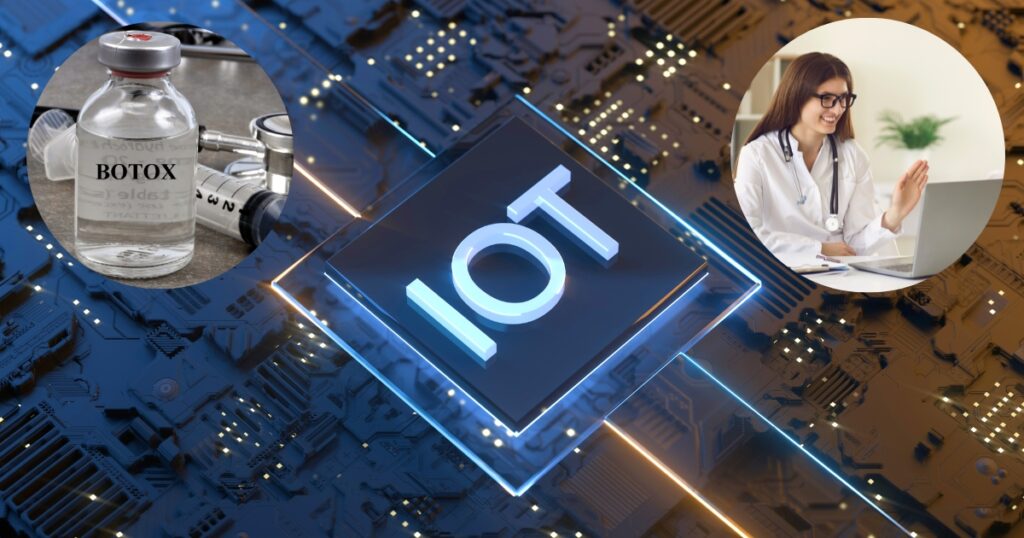
Real-time monitoring and data collection are being implemented in the Botox industry using the Internet of Things (IoT). IoT-enabled devices can capture a wealth of data during the procedure, allowing immediate adjustments and making Botox treatments more effective and adaptable.
- Data Collection: IoT devices collect data on various metrics, such as dosage and injection speed
- Instant Adjustments: Real-time data enables instant modifications to the treatment plan
- Patient Monitoring: IoT devices can also monitor patient vitals during the procedure
- Quality Assurance: Continuous data collection supports quality control measures
- Safety: IoT adds another layer of safety through real-time monitoring
- Cloud Storage: A secure cloud can store and analyse all collected data
The next step? Emerging Technologies to Watch in Botox Treatments

More radical changes to Botox applications are inevitable when new technology becomes available. Future health care is set to be disrupted by 3D-printed instruments and blockchain-based patient records. Botox treatments as we know them may undergo a paradigm shift with the advent of these innovations.
| Feature | Current State | Emerging Technologies | Impact on the Future of Botox |
| Tools & Equipment | Standardised | 3D Printing | Customised Instruments |
| Patient Records | Centralised Databases | Blockchain | Secure and Transparent Data |
| Botox Formulations | Fixed | Nanotechnology | More Effective Treatments |
| Security | Password-Based | Biometric Scanners | Enhanced Security |
| Remote Monitoring | Limited | IoT Devices | Continuous Data Collection |
| Simulations | Theoretical | Augmented Reality | Real-time Visual Previews |
With rapid Botox Technology advancements, treatments are changing drastically. Precision, individualisation, and productivity in Botox treatments are on the rise because of advances in AI-based diagnostic tools and 3D facial mapping that are customisable and efficient.
The use of advanced techniques and cutting-edge equipment ensures better results and a better patient experience. Plus, modern technology has made Botox therapy a more trusted and mainstream cosmetic procedure.
Are you ready discover a renewed version of yourself? Dr Tarek Bayazid, one of Dubai’s leading plastic surgeons, specialises in groundbreaking facial rejuvenation and body contouring techniques. Dr Tarek sets a high standard for patient safety and satisfaction by having earned memberships in prestigious medical societies worldwide and utilising cutting-edge approaches that deliver natural results.
Book a consultation today and experience the pinnacle of aesthetic excellence backed by unparalleled expertise, artistry, and commitment to patient satisfaction.



